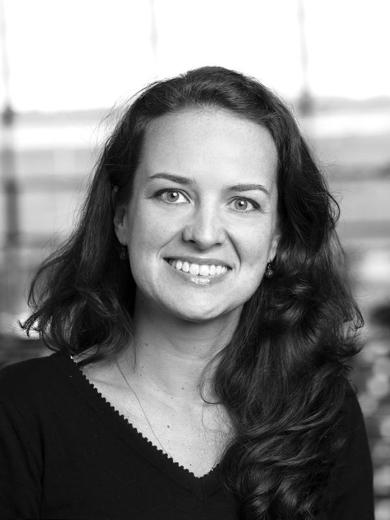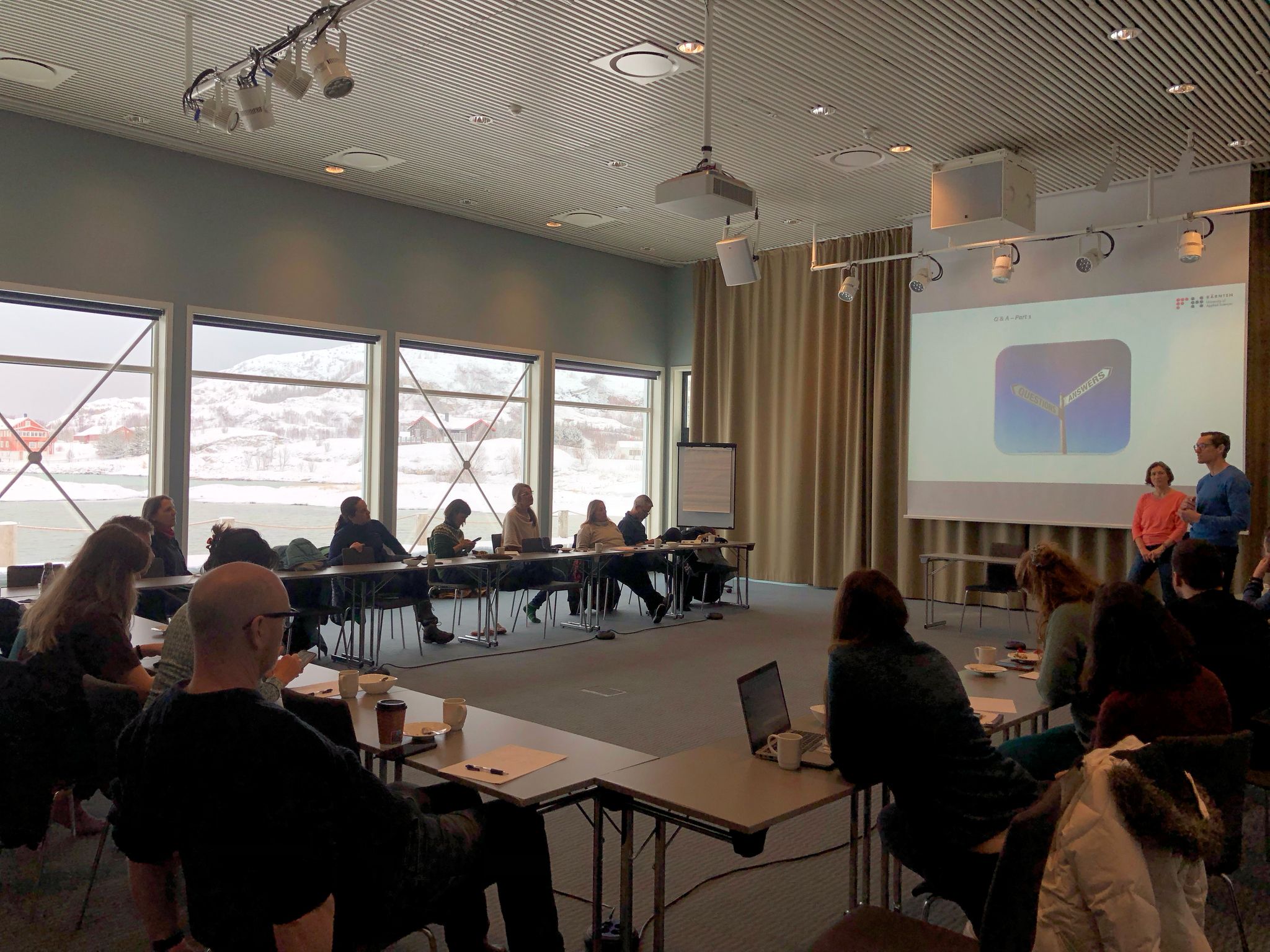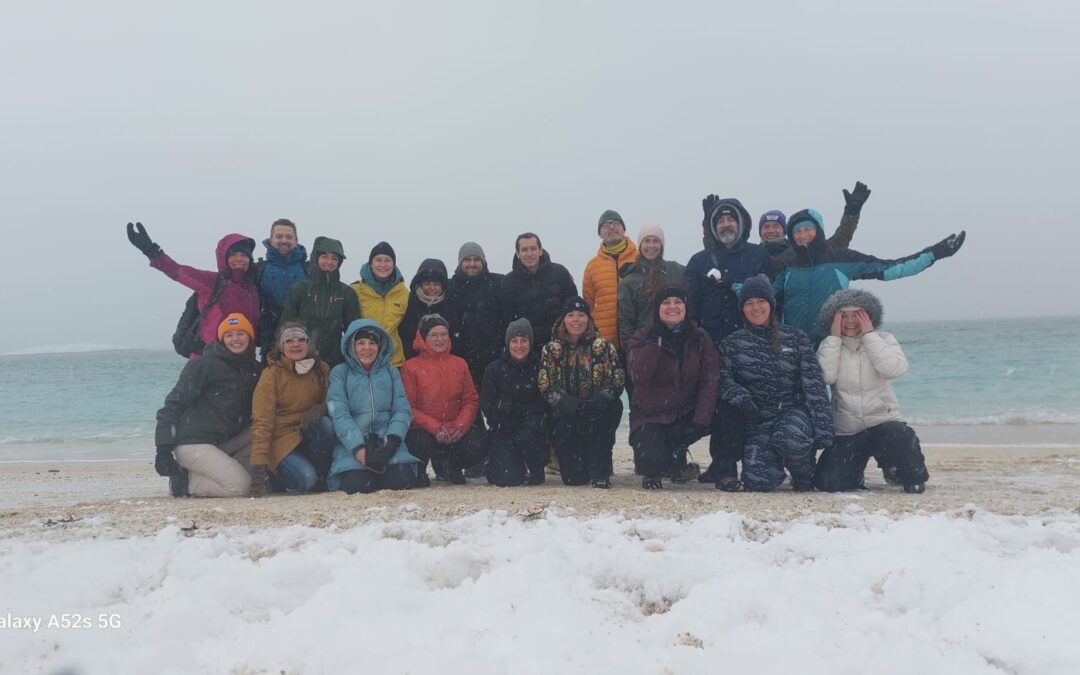From March 24th – 28th, over 20 educators, researchers, and leaders of Physiotherapy Departments across Europe—spanning from Portugal, Spain, Austria, Germany, Belgium, Switzerland, the Netherlands, Ireland, Iceland, Norway, and Denmark—joined for a powerful deep-dive into Environmental Physiotherapy. The Erasmus+ Blended Intensive Programme “Capacity Building for Sustainable Healthcare Education”, led by Filip Maric – founder of the Environmental Physiotherapy Association (EPA) – offered us both perspective and practice on how to connect human and planetary health in physiotherapy education and practice.
Reframing Physiotherapy
We kicked off the week by asking big questions: What is physiotherapy when we consider the broader picture of environmental and planetary health? How can we rethink health care in light of the ongoing global changes? In what ways can we weave planetary health into both physiotherapy education and clinical practice to better align with the realities of a changing world? How can we integrate human health with Planetary Health in physiotherapy education and clinical practice?
We explored how the profession might evolve by integrating ecological awareness, social responsibility, and sustainable thinking. Through small groups and country teams, we challenged dominant discourses, mapped values, and began to reimagine physiotherapy’s role in a rapidly shifting world.
The key common ground is that human health is inseparable from planetary health, making Environmental Physiotherapy not just a topic to add-on to subjects within the education programme, but an invitation to integrate this knowledge and reimagine how we understand health, and care—and how we educate the next generation to meet that complexity with creativity and innovation.

Priscila de Brito Silva, PT, PhD
Associate Lecturer, University College of Northern Denmark
Priscila is Associate Lecture at University College of Northern Denmark in Aalborg Denmark. She is enthusiast for movement, nature and holistic well-being and works to support education of future physiotherapists that integrate human and planetary health in their practice

Sharing, Visualizing, and Designing
We shared what’s already happening across Europe, from individual projects to implementation of the topic in curriculum redesigns. Open space sessions let creativity flow—visualizing possible student activities, placements, assessments, and collaborations rooted in environmental perspectives.
What we explored together included the current impact of Environmental Physiotherapy across Europe, bringing all stakeholders—students, teachers, institutions—into the conversation, designing teaching that supports relevant competencies such as valuing sustainability, supporting fairness, promoting nature, systems thinking, critical thinking, problem framing, futures literacy, adaptability, and exploratory thinking. We also focused on creating fieldwork, reflections, and assessments that align with climate-aware values and integrate the economic, social, and environmental lenses into clinical decision making.
Barriers and Possibilities
Of course, it’s not all smooth sailing. We looked honestly at the barriers: curriculum overload, lack of time, biomedical dominance in education, and language gaps around ecological practice. But we also found hope in successful examples of how integrating planetary health in classical topics of physiotherapy such as Physiology and Anatomy, planting seeds through student conversations, adaptation of existing teaching methods, naming what many students already feel—that health is more than the absence of disease, and reframing the body as part of ecological systems.

Inspiration that sticks
Here are just a few takeaways that are already reshaping how we teach, think, and act: nature-based rehabilitation – promoting health through green movement practices, sustainable clinical practice – integrating real-world applications of Planetary Health within Physiotherapy practice, holistic reasoning – considering planetary health in clinical reasoning and decision making, community collaboration – co-creating health promotion initiatives with organizations that are solving local climate challenges, and equipping teachers and students with new tools and possibilities to connect with local communities on another level, which in turn can give the students a renewed sense of purpose.
What’s next
This week was not the end—it was part of an existing wider movement. We’re excited to bring this momentum back home and start conversations with colleagues and students, integrate new activities and reflective practices into our courses, build partnerships locally and across Europe, and co-create collaborations with local initiatives where physiotherapy can become part of the solution to planetary health challenges.
Declaration of AI Assistance
This text was created with the assistance of Microsoft® Copilot, an AI language model. The AI was used to adapt the original content to meet specific formatting requirements, while maintaining the integrity and clarity of the information. The AI provided suggestions and rephrased sections to ensure the text aligns with the guidelines of the EPA website and to make the content more engaging and appealing. The author evaluated the content generated by the AI to ensure accuracy, relevance, and coherence before finalizing the text.


A beautiful synopsis of meaningful collaboration in an area brimming with potential!